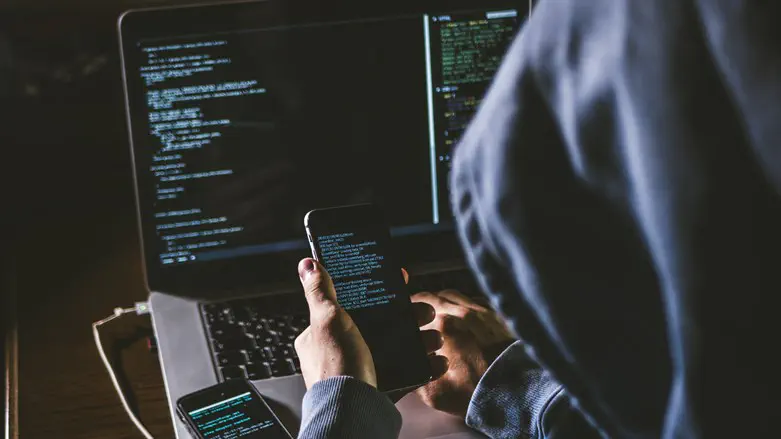
If you're a business owner, you must become knowledgeable about cybersecurity. This article will explain everything you need to know about cyber incidents, including why and how they happen. It will also provide some tips for protecting your business.
Why do cyber incidents happen?
Money is the primary motivation behind most cyber attacks. Hackers usually target the financial details of your business or clients. From a hacker's perspective, financial data is the most prized possession of your business, which is why you must protect it at all costs.
Cyber incidents can happen for many reasons. They're usually a result of poor internal system security protocols or human error that exposes the systems to outside threats.
Main types of cyber attacks
There are many attack types that businesses experience daily. In the last few years, companies have started to implement stronger internal controls. In response, hackers are turning towards social engineering tactics to get what they want. Social engineering targets people instead of systems. It relies on employees making mistakes and exposing critical company assets.
Common social engineering attacks include:
- Phishing;
- Spear phishing;
- Whaling;
- Scareware, etc.
With that said, more traditional approaches like malware and denial of service attacks are still prevalent.
In a malware attack, the threat actors install malicious software on a victim's computer. Malware can have many different functionalities. It's commonly used for ransomware, where the malware obtains and locks critical business data. Then, the criminals will request a ransom under the threat that they will publicly release or delete the data.
Denial of service (DoS) attacks involve overloading the victim's system with traffic until it can't function normally. It's usually used as a starting point for a more elaborate attack on the victim's resources.
Go-to cybersecurity measures to protect your business:
Educate your employees
No matter how elaborate your system protection controls are, the overall security of your business mainly depends on your employees. Investing in employee security awareness education will have the most favorable long-term ROI.
Some of the main points to remember for employees regarding cybersecurity are:
- Not opening links or attachments from unknown senders;
- Verifying the identity of the sender before disclosing any information;
- Setting unique passwords and enabling two-factor authentication;
- Separating work and personal devices.
Strong passwords and authentication policies
Business accounts are something that hackers will target first in an orchestrated attack on your organization. They know that many businesses still use simple passwords that are easy to guess or crack.
You must avoid making yourself an easy target, which usually starts with setting strong passwords and enabling two-factor authentication for all accounts.
Some best practices to follow when setting passwords include:
- Making the passwords long;
- Including special characters and numbers.
If managing many passwords becomes difficult for you or your team, consider investing in a password manager.
Utilize cloud storage
The most effective way to protect against ransomware attacks is to have backups of your critical files. If you have backups, the criminals will lose all leverage, saving you a ton of money in ransomware payments.
Cloud storage is the safest, most convenient, and most effective way to store business data. It will be hard to avoid storing some data locally altogether, but a copy of that data should also be stored in the cloud.
The cloud is very difficult to hack for threat actors. It isn't as simple as tricking an employee or injecting malware onto a victim's computer. The main thing to focus on when choosing a cloud service provider is strong security controls and a good security track record.
Final thoughts
Cybersecurity is something every business owner should know about in 2022. Cyber incidents are happening daily for many different reasons. They mainly have to do with weak internal controls, lack of employee awareness, or extremely advanced attacks that are difficult to defend against.
There are many types of cyber attacks to look out for, including social engineering, malware, and denial of service. Business owners must educate their employees about security risks and utilize modern technologies like the cloud to protect critical business data.